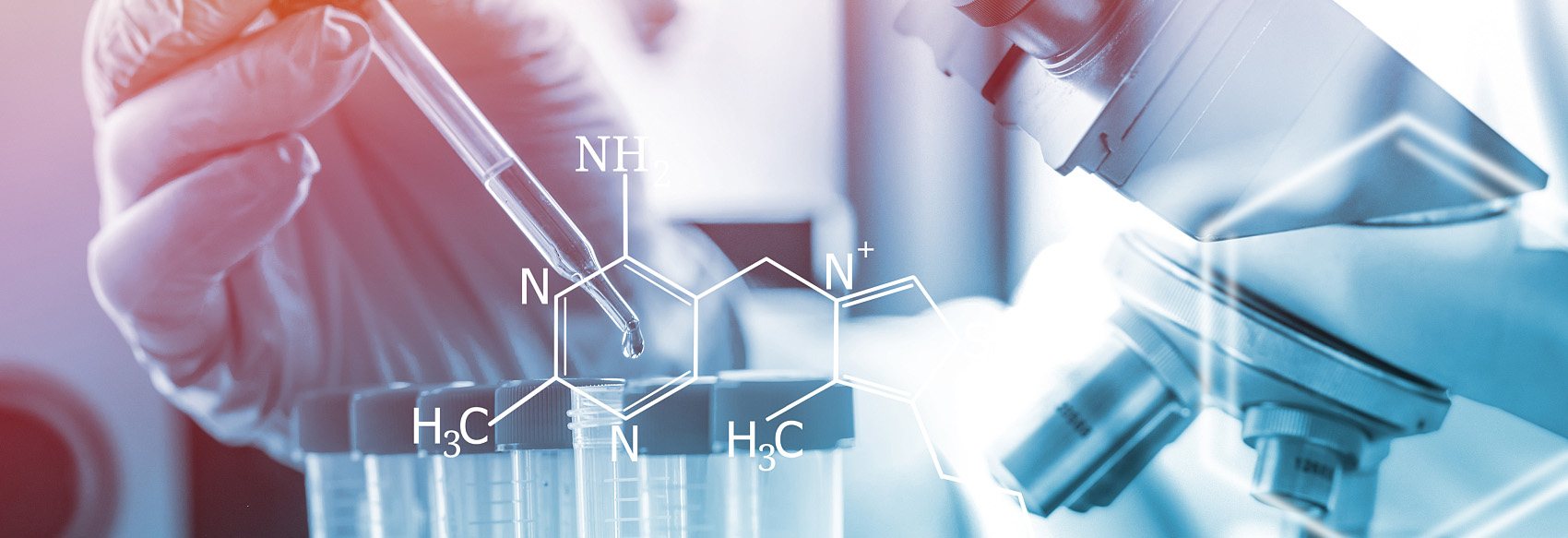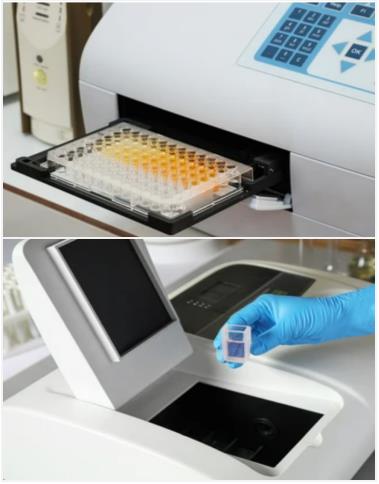
In the pharmaceutical industry, residual proteins are also common impurities in drugs, although they are not as widely known as other impurities. Such impurities may arise during drug development and manufacturing processes. For example, microbial fermentation or enzymatic catalysis is often used in the synthesis of drugs such as antibiotics, often with the presence of protein residues from the bacteria used in fermentation production. The need to accurately detect, measure, and analyze residual proteins cannot be overstated, as these impurities can trigger immune reactions and, consequently, compromise patient safety. Moreover, regulatory bodies have stringent guidelines regarding permissible levels of residual protein. EMA requires companies to report the detection of residual proteins when submitting import declarations for fermented products entering the EU and European markets. At the same time, the European Directorate for the Quality of Medicines & HealthCare (EDQM) notes in its appendix that for fermented products such as antibiotics, it is necessary to control the substances that remain in the final product from the fermentation process. Therefore, there is an urgent need for advanced platforms that can reliably quantify and identify residual proteins. At our company, we have designed and built an advanced platform specifically designed to address the challenges of residual protein detection and quantification.
Our Residual Protein Analysis Platform
Our residual protein analysis platform stands at the forefront of technological innovation. Our platform offers method development and validation service as well as analytical testing service to meet the needs of the pharmaceutical industry, ensuring precision, reliability, and compliance with global standards.
Method Development and Validation Service
We employ a systematic approach to method development, ensuring that the chosen methodologies are sensitive, specific, robust, and reproducible. The validation process is conducted in accordance with ICH guidelines, emphasizing parameters such as accuracy, precision, specificity, detection limit, quantitation limit, linearity, and range.
Analytical Testing Service
Our platform delivers analytical testing services for detecting and quantifying residual proteins in pharmaceutical products by employing an array of cutting-edge techniques and instruments. These techniques include:
- Enzyme-Linked Immunosorbent Assay (ELISA)
- UV Absorption Method (280 nm)
- Lowry Assay
- Bradford Assay
- Bicinchoninic Acid (BCA) Assay
- Biuret Assay
- Fluorescence Assay
- Kjeldahl Method
Platform Instruments and Equipment
Our state-of-the-art facility is furnished with the wide instruments and equipment essential for residual protein analysis. This includes:
- Mass spectrometry (MS)
- High-performance liquid chromatography (HPLC) systems
- UV-Vis spectrophotometer
- Fluorescence spectrophotometer
- Microplate reader (for reading absorbance)
- Microplates (96-well or other formats)
- Kjeldahl apparatus
- Water bath or incubator
- …
Platform Advantages
- State-of-the-Art Technology: Our platform is equipped with the latest analytical instruments and technologies. From ELISA and mass spectrometry to fluorescence assays and robust colorimetric methods like the BCA and Bradford assays, we deploy a wide range of analytical tools tailored to specific needs.
- Compliance with Global Standards: Our platform is meticulously aligned with global regulatory standards, including EMA, FDA, and EDQM guidelines. We ensure that all analytical methods and results meet stringent regulatory requirements, providing our clients with confidence and assurance in their product safety and efficacy.
- Efficiency: Our platform is designed to deliver high-throughput analysis without compromising accuracy or reliability. This efficiency reduces turnaround times and increases productivity for our clients.
Related Services
It should be noted that our service is only used for research, not for clinical use.


